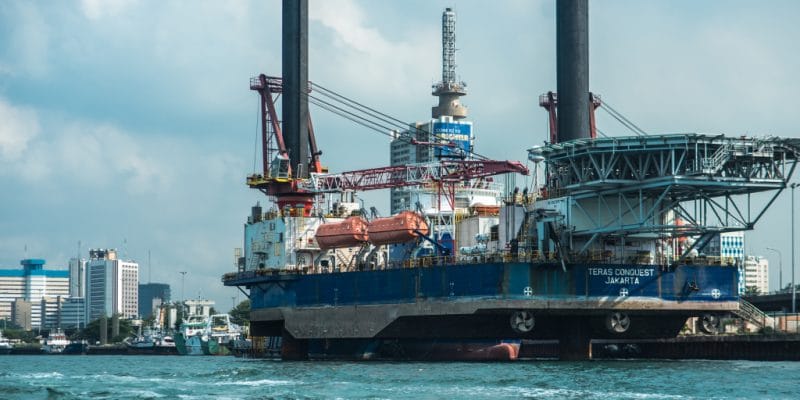In Nigeria, APM Terminals Apapa presents its sustainability report for the year 2021. At the Apapa container terminal in Lagos alone, the CSR (Corporate Social Responsibility) approach of the subsidiary of the Dutch operator APM Terminals has prevented 408,800 single-use plastic bottles from going to landfill.
The commitment of port companies to CSR (Corporate Social Responsibility) policies is a fact in Africa. In Nigeria, for example, APM Terminals Apapa, the subsidiary of the port operator APM Terminals based in The Hague in the Netherlands, has focused on reducing single-use plastic waste with a successful outcome in 2021. The company has diverted 408,800 plastic bottles from landfill, an average of 1,120 per day.
Read also – Thierry Téné: « CSR in Africa, a key approach to preserving the environment”
“We have replaced single-use plastic water bottles with refill bottles, 1,300 in total, filled from the dispensers,” explains Klaus Laursen, APM Terminals’ country manager in Nigeria. The concessionaire has been experimenting with this policy by participating in the 2021 edition of the “Go Green” initiative. This is an awareness program initiated by the Global Ports Group (GPG), an association of port and terminal operators, collaborating on key environmental, health, safety and security issues.
Adopting an environmentally responsible approach
APM Terminals Apapa plans to stay the course to reduce its environmental impact in Lagos, Nigeria. “The future of our unborn children depends on it, which requires us to not only make this approach work, but also to sustain it,” says Chinyere Adenaike, APM Terminals Apapa’s procurement manager. According to the World Economic Forum, in 2018 Nigeria dumped about 200,000 tons of plastic waste into the ocean, while its annual plastic production is expected to reach 523,000 tons by 2022.
Read also – AFRICA: CSR, now at the heart of sustainable development
Waste management is far from the only issue at APM Terminals Apapa. As with most terminals, the port of Lagos is a large consumer of fuel, and therefore a large emitter of carbon dioxide (CO2). To offset some of its emissions, APM Terminals Apapa is considering acquiring less polluting electric vehicles.
Inès Magoum






